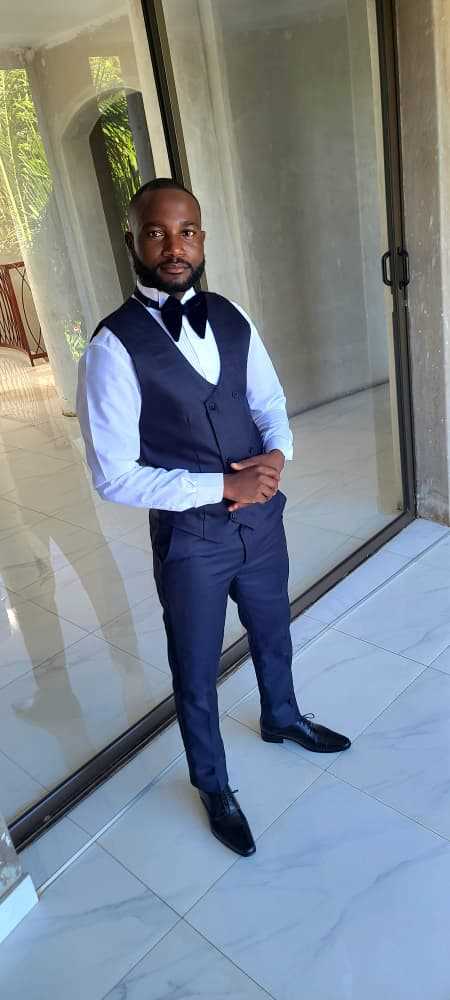
Oscar J Jeke- Zim Now Reporter
In Zimbabwe's academic circles, one name quietly rises with understated influence: Matthew Chidhakwa.
At just 30 years old, Chidhakwa's journey is a testament to intellect and versatility.
From the gritty neighbourhoods that shaped his early outlook to the lecture halls and consulting rooms of today, his life is a complex but inspiring blend of grassroots experience and academic rigor.
In a world where academic and social mobility often feel constrained, Matthew Chidhakwa embodies the promise of what can be achieved when knowledge meets purpose.
From his roots in Harare to the desktops of students around the world, he proves that genius is not just about intellect — it’s about impact.
Armed with a Master of Science in Public Policy and Governance from the University of Zimbabwe (2023), a BA Special Honours in Monitoring and Evaluation from Midlands State University (2024), and a BSc Honours in Administration from the University of Zimbabwe (2021), Chidhakwa is no stranger to academic pursuit.
Add to this certifications in Project Management and in Data Analytics and Predictive Modelling from Bindura University of Science Education, and a pattern begins to emerge: a commitment to multidimensional learning, driven by curiosity and necessity.
But Chidhakwa is more than just a collector of degrees. His academic career is tightly interwoven with practical engagement.
In 2021, he co-authored a paper on urban transport and presented research on tourism during World Tourism Day. That same year, fresh out of his undergraduate program, he launched his career in academic research and consultancy.
His drive wasn’t motivated by monetary gain alone; it was a passion project aimed at empowering students across educational levels to conquer academic writing and research hurdles.
“I began this work because I saw a gap,” says Chidhakwa. “Many students, even brilliant ones, struggled with formulating coherent arguments, designing viable methodologies, and navigating the publication process. I wanted to be a bridge.”
Related Stories
Over the years, Chidhakwa has helped undergraduates find clarity in research design, Master’s students align their research questions with methodology, and PhD candidates strengthen their theoretical frameworks.
His clients span a global map: Zimbabwe, South Africa, Zambia, Pakistan, the Czech Republic, China, the United Kingdom, the United States, India, and Sweden. His reach is not merely geographical, but also disciplinary — ranging from the social sciences to business, humanities to public health.
Chidhakwa is quick to point out that research support is not a one-size-fits-all model. “Every academic level has its own ecosystem of challenges,” he explains. “Undergraduates need structure, Master’s students need focus, and PhDs need depth and intellectual consistency.”
He places great emphasis on academic integrity, drawing a clear line between support and authorship. “I don’t write for students,” he asserts. “I coach them to write better, to think better, and to meet academic standards with their own voice.”
Among the common pitfalls he identifies in students’ work are lack of originality, methodological inconsistency, and weak theoretical grounding. He helps students refine their arguments, strengthen their frameworks, and align their goals with feasible methodologies. For those seeking publication, he walks them through journal selection, peer review processes, and editorial responses.
He stresses the importance of early consultation.
“Many foundational flaws in research stem from poorly constructed proposals,” he says. “Engaging a consultant at the onset can prevent major revisions later.”
Technology and digital literacy also feature in his evolving toolkit. “AI tools like ChatGPT can be useful,” he notes, “but they can’t replace critical thinking. I now teach students how to use these tools ethically — as a complement rather than a crutch.”
His work also spans data analysis support, using software like SPSS, R, NVivo, and Excel, depending on the nature of the research. He provides guidance on everything from statistical testing to qualitative coding and thematic analysis.
Chidhakwa has been attentive to shifts in Zimbabwean and regional academic trends. He notes increased interest in research areas like digital transformation, climate change, gender studies, and public health — topics aligned with global funding priorities and national development goals.
Despite his growing acclaim, Chidhakwa remains grounded. He shares that one of his most impactful experiences was mentoring a Master’s student who lacked confidence and direction at the start. Through sustained engagement, she not only completed her thesis but published in a regional journal. “Watching her transformation was incredible. It reminded me why I do this.”
Asked what advice he has for young scholars, Chidhakwa smiles. “Start with what fascinates you. Let curiosity be your compass. Research isn’t just about answers; it’s about asking the right questions.”











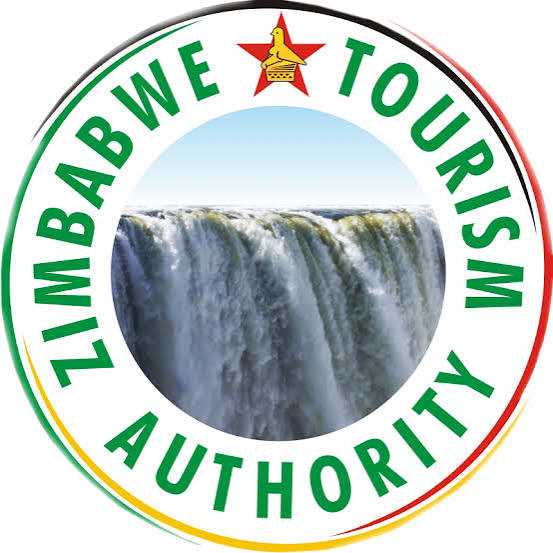
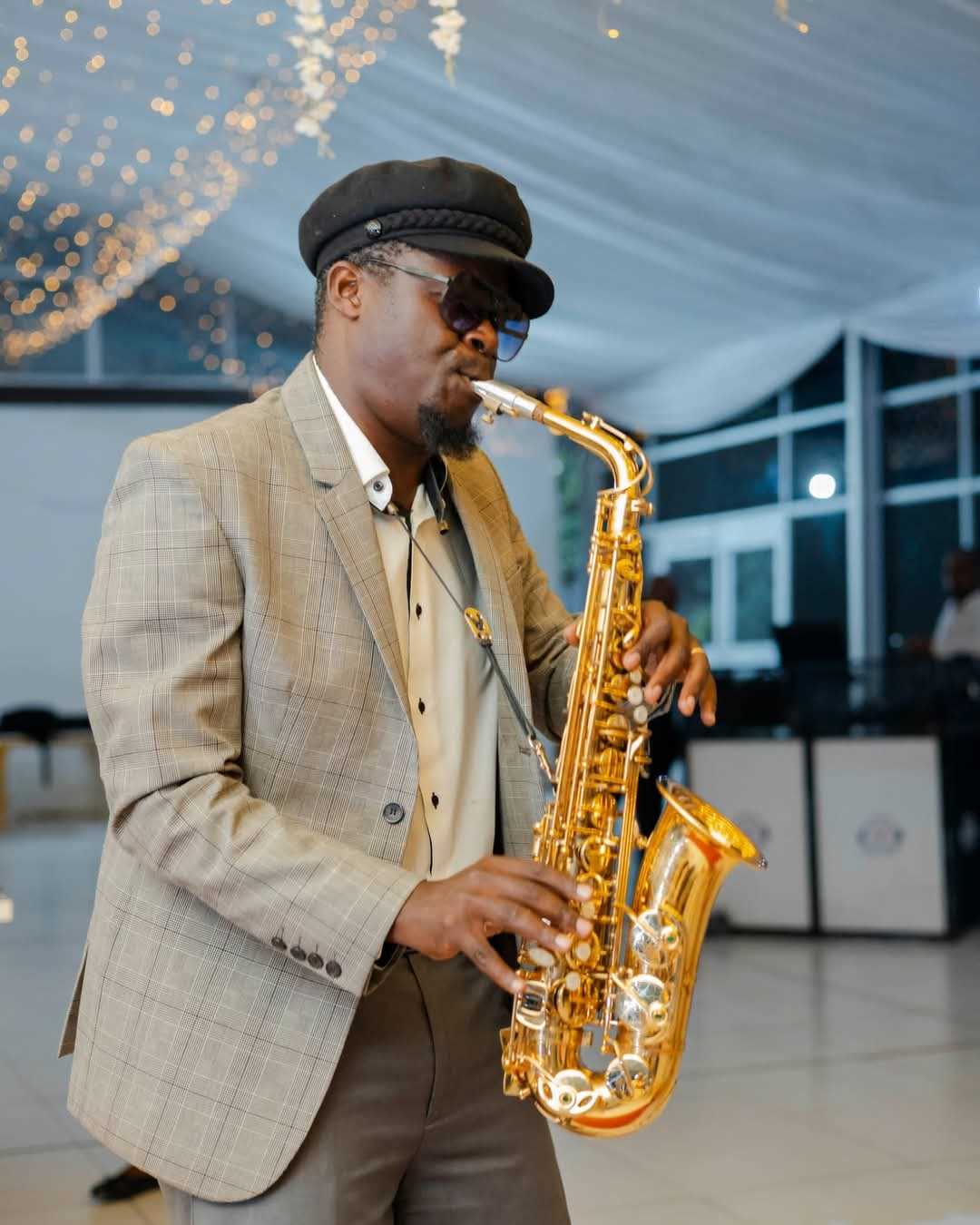


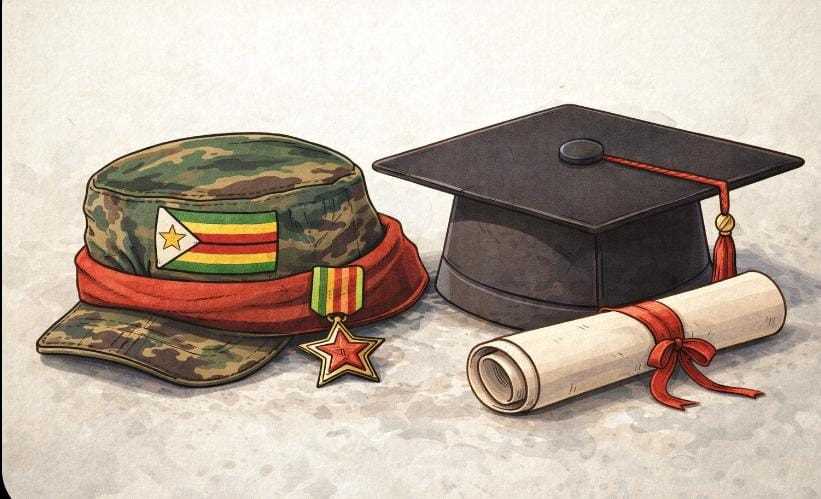

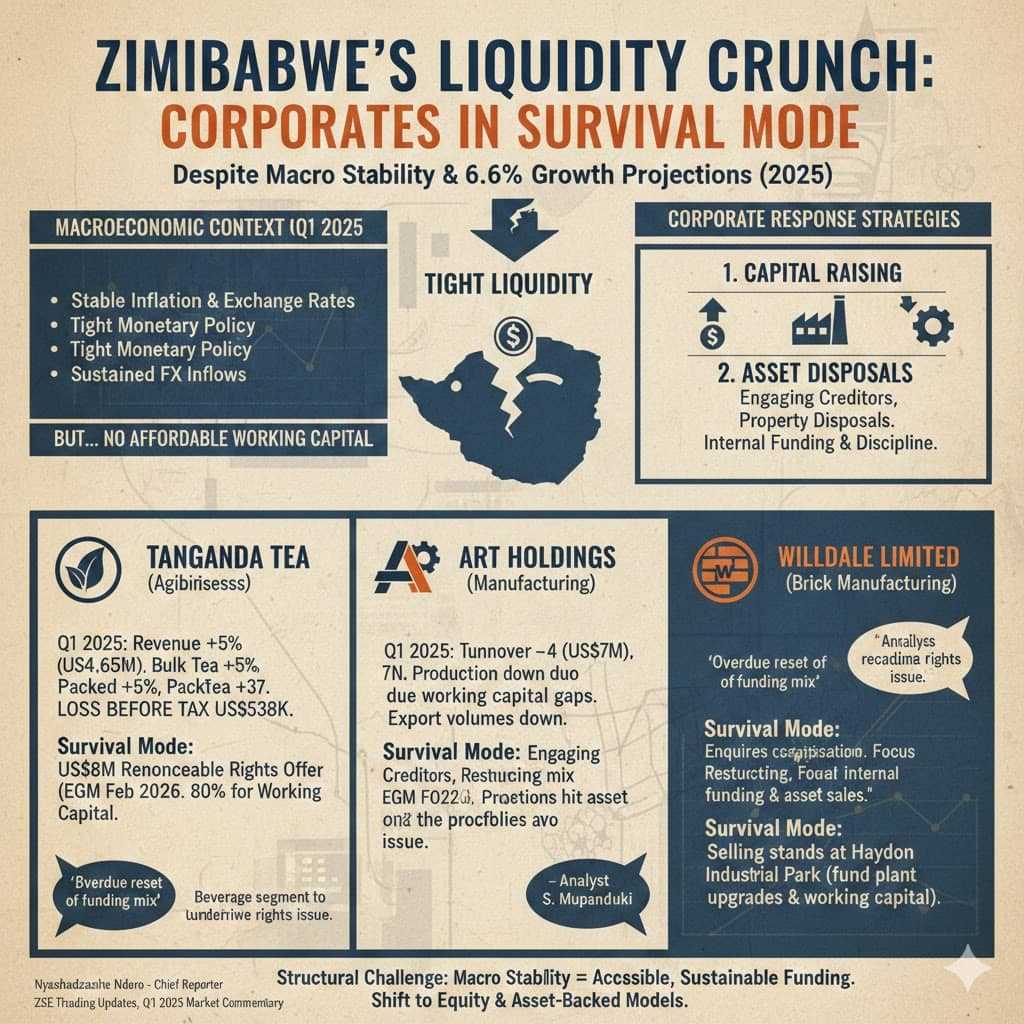


Leave Comments